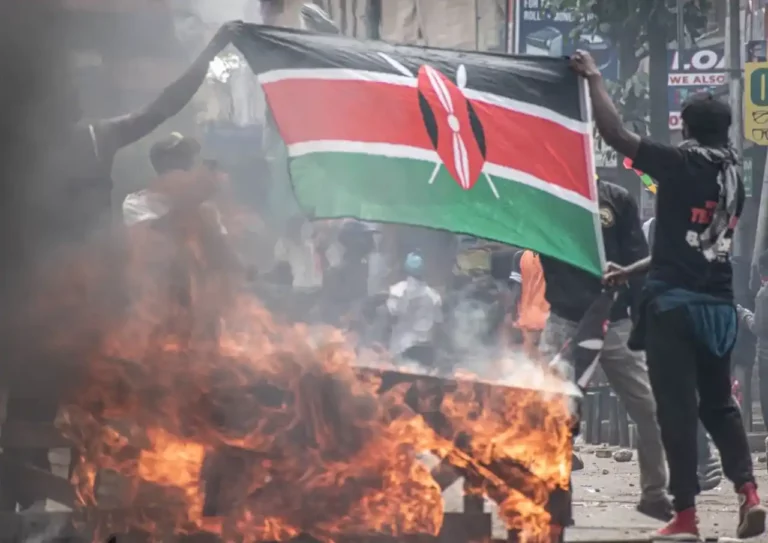Kenya’s private sector experienced a sharp downturn in July, according to the Stanbic Bank Kenya Purchasing Managers’ Index (PMI).
The index plummeted to 43.1, signalling a significant contraction in business activity compared to the previous month’s 47.2.
Readings above 50.0 signal an improvement in business conditions on the previous month, while readings below 50.0 show a deterioration.
The decline was primarily attributed to widespread protests and political unrest, which disrupted operations, reduced new orders, and hampered output. While inflation eased, input costs continued to rise, squeezing profit margins.
Despite challenges, companies increased employment, albeit at a slower pace “for the third consecutive month and was the weakest in the current seven-month sequence of rising staffing levels.”
However, business confidence waned due to the uncertain economic climate.
During the period, the sector witnessed steep declines in output and new orders due to protests, political instability, and reduced consumer spending.
In addition, input and output prices increased, but slower than in previous months.
“A lack of money in circulation and cost of living pressures also contributed to the fall in output, which was the steepest since April 2021,” part of the survey report reads.
“However, output price increases in agriculture, services and wholesale and retail trade were counterbalanced by declines in construction and manufacturing,” Christopher Legilisho, Economist at Standard Bank commented.




